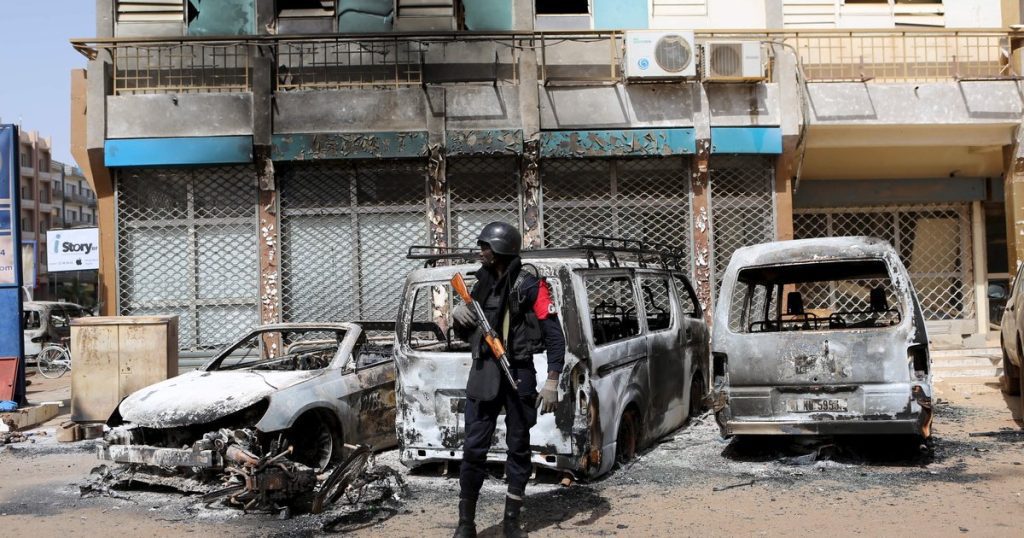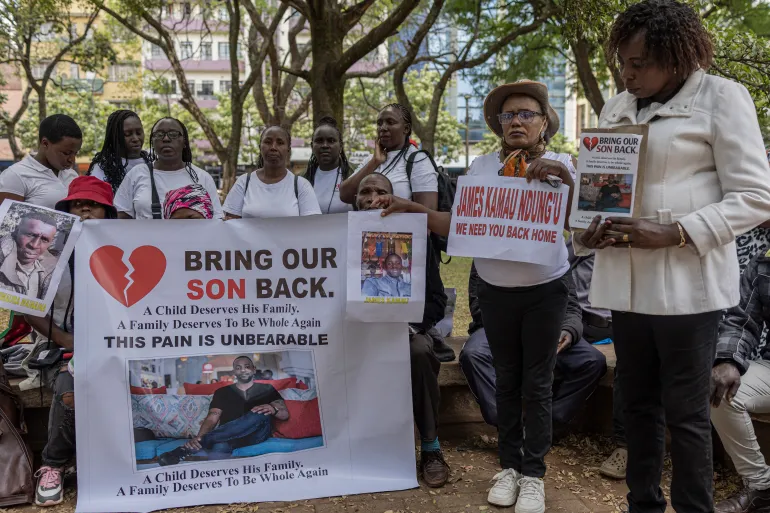In another tragic incident in Nigeria’s troubled northwest, gunmen launched a deadly attack that left 15 people dead. The attack occurred in a region already plagued by violence, where armed groups frequently terrorize local communities.
The gunmen, whose identities remain unknown, struck without warning, causing chaos and fear among the residents. These kinds of attacks have become distressingly common in Nigeria’s northwest, where bandits and other armed groups operate with impunity, often targeting vulnerable villages and towns.
The motives behind such attacks often vary, ranging from disputes over land and resources to criminal activities like kidnapping for ransom. In many cases, the attackers are part of larger organized groups that exploit the region’s instability to carry out their crimes.
Local authorities and security forces have been struggling to contain the violence, despite ongoing military operations aimed at dismantling the armed groups responsible for these attacks. However, the vast and often remote terrain of the northwest makes it difficult for security forces to respond quickly or prevent these incidents from occurring.
The recent attack adds to the growing toll of lives lost in the region and highlights the urgent need for more effective measures to protect civilians. Communities continue to live in fear, as the threat of violence looms large, disrupting daily life and forcing many to flee their homes in search of safety.
The Nigerian government has faced increasing pressure to address the security crisis in the northwest and to find lasting solutions to the violence that has devastated so many lives. As the situation remains dire, the call for stronger security measures and conflict resolution strategies has never been more urgent.
The situation in Nigeria’s northwest remains precarious, with ongoing violence and insecurity affecting millions of people. The recent attack, which claimed 15 lives, is a stark reminder of the persistent challenges faced by communities in the region.
In response to the attack, local and national authorities have vowed to intensify security operations. However, the effectiveness of these measures has been questioned, as similar promises have been made in the past with limited success. The complex nature of the violence, involving various armed groups with different motivations, makes it difficult to implement a one-size-fits-all solution.
The impact of these attacks extends beyond the immediate loss of life. Entire communities are often displaced, as people flee their homes in search of safety. This displacement exacerbates existing humanitarian challenges, including food insecurity, lack of access to healthcare, and disruption of education. The long-term effects of such instability can hinder development and create cycles of poverty and violence.
International organizations and local NGOs have been working to provide relief to those affected, but the scale of the crisis often overwhelms the available resources. Moreover, the lack of security makes it difficult for aid agencies to reach some of the most vulnerable populations.
There is also a growing recognition that military solutions alone may not be sufficient to end the violence. Addressing the root causes of the conflict, such as poverty, unemployment, and ethnic tensions, is essential for achieving lasting peace. Community engagement, dialogue, and development programs are increasingly being seen as necessary components of a comprehensive approach to resolving the crisis.
The Nigerian government, along with regional and international partners, faces the daunting task of restoring security and stability to the northwest. This will require not only stronger security measures but also a commitment to addressing the underlying social and economic issues that fuel the violence.
As the country continues to grapple with these challenges, the voices of the affected communities must be heard, and their needs must be prioritized in any efforts to bring about peace. The hope is that, through sustained and coordinated efforts, the cycle of violence can be broken, and the people of northwest Nigeria can look forward to a future free from fear and uncertainty.























